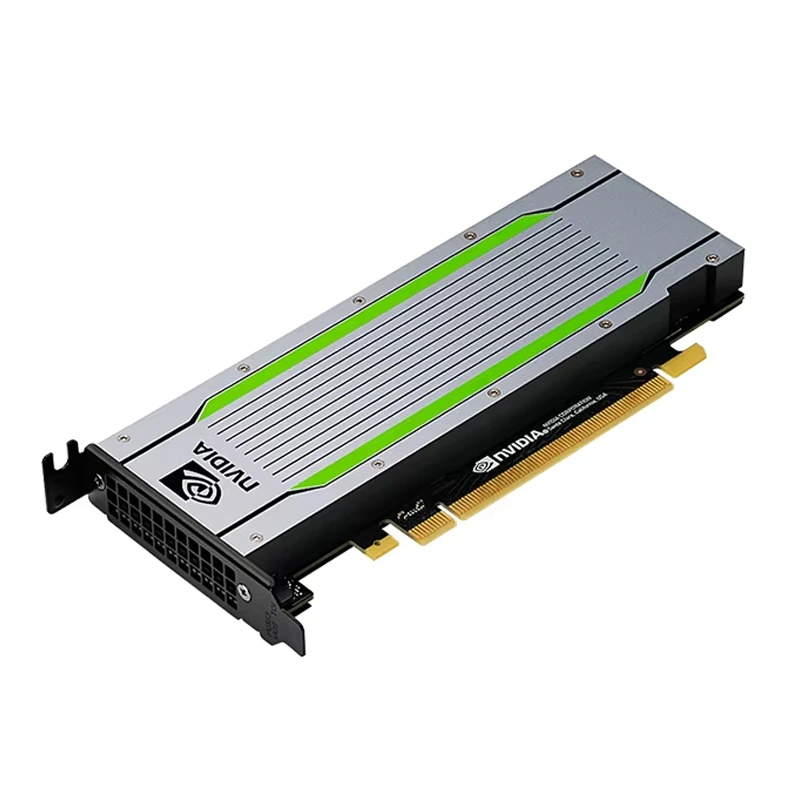How to Choose the Right Computer Hardware for Your Needs
2025-02-07
Selecting the right computer hardware can be a daunting task, given the variety of options available in the market. Whether you're building a gaming rig, a workstation for professional use, or simply upgrading an existing setup, understanding your requirements is crucial. In this blog, we will guide you through the key factors to consider when choosing computer hardware.
Understanding Your Needs
Before selecting hardware, identify the primary purpose of your computer. Different tasks require different levels of performance, so it's important to align your hardware choices with your needs:
1. Gaming – Requires a powerful GPU, fast processor, and sufficient RAM to handle high-end graphics and fast frame rates.
2. Office Work – A mid-range processor, adequate RAM, and SSD storage can ensure smooth multitasking for documents, emails, and web browsing.
3. Content Creation – Video editing, graphic design, and 3D modeling demand high-performance CPUs, large amounts of RAM, and fast SSDs.
4. Everyday Use – Basic computing tasks such as web browsing, streaming, and social media can be handled with entry-level processors and moderate RAM.

Key Components to Consider
1. Processor (CPU) – Choose a CPU based on core count and clock speed. Intel and AMD offer excellent options for various budgets and performance levels.
2. Graphics Card (GPU) – A dedicated GPU is essential for gaming and content creation, while integrated graphics work for basic tasks.
3. Memory (RAM) – More RAM enhances multitasking; 8GB is sufficient for most users, while 16GB or more is ideal for intensive applications.
4. Storage (HDD vs. SSD) – SSDs provide faster boot times and data access compared to traditional HDDs.
5. Motherboard – Ensure compatibility with your chosen CPU, RAM, and storage options.
6. Power Supply Unit (PSU) – Choose a PSU with enough wattage to support all components efficiently.
7. Cooling System – Adequate cooling prevents overheating and prolongs component lifespan.
Budget and Future-Proofing
Balancing cost and performance is key. Investing in slightly more powerful hardware than your immediate needs require can help extend the lifespan of your system. Look for upgradability options such as additional RAM slots and multiple storage connectors.
Conclusion
Choosing the right computer hardware requires a clear understanding of your computing needs, performance expectations, and budget. By carefully selecting each component, you can build or upgrade a system that meets your requirements efficiently. Stay informed about the latest hardware advancements to ensure your setup remains relevant for years to come.


